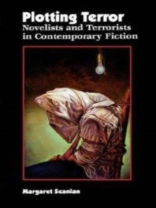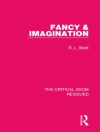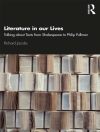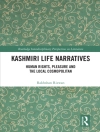Is literature dangerous? In the romantic view, writers were rebels–Shelley’s "unacknowledged legislators of mankind"–poised to change the world. In relation to twentieth-century literature, however, such a view becomes suspect. By looking at a range of novels about terrorism, Plotting Terror raises the possibility that the writer’s relationship to actual politics may be considerably reduced in the age of television and the Internet.Margaret Scanlan traces the figure of the writer as rival or double of the terrorist from its origins in the romantic conviction of the writer’s originality and power through a century of political, social, and technological developments that undermine that belief. She argues that serious writers like Friedrich Durrenmatt, Doris Lessing, and Don De Lillo imagine a contemporary writer’s encounter with terrorists as a test of the old alliance between writer and revolutionary.After considering the possibility that televised terrorism is replacing the novel, or that writing, as contemporary theory would have it, is itself a form of violence, Scanlan asks whether the revolutionary impulse itself is dying–in politics as much as in literature. Her analyses take the reader on a fascinating exploration of the relationship between actual bombs and stories about bombings, from the modern world to its electronic representation, and from the exercise of political power to the fiction writer’s power in the world.
Margaret Scanlan
Plotting Terror [EPUB ebook]
Novelists and Terrorists in Contemporary Fiction
Plotting Terror [EPUB ebook]
Novelists and Terrorists in Contemporary Fiction
यह ईबुक खरीदें और 1 और मुफ़्त पाएं!
भाषा अंग्रेज़ी ● स्वरूप EPUB ● पेज 199 ● ISBN 9780813921921 ● प्रकाशक University of Virginia Press ● प्रकाशित 2001 ● डाउनलोड करने योग्य 6 बार ● मुद्रा EUR ● आईडी 3066051 ● कॉपी सुरक्षा Adobe DRM
एक DRM सक्षम ईबुक रीडर की आवश्यकता है












